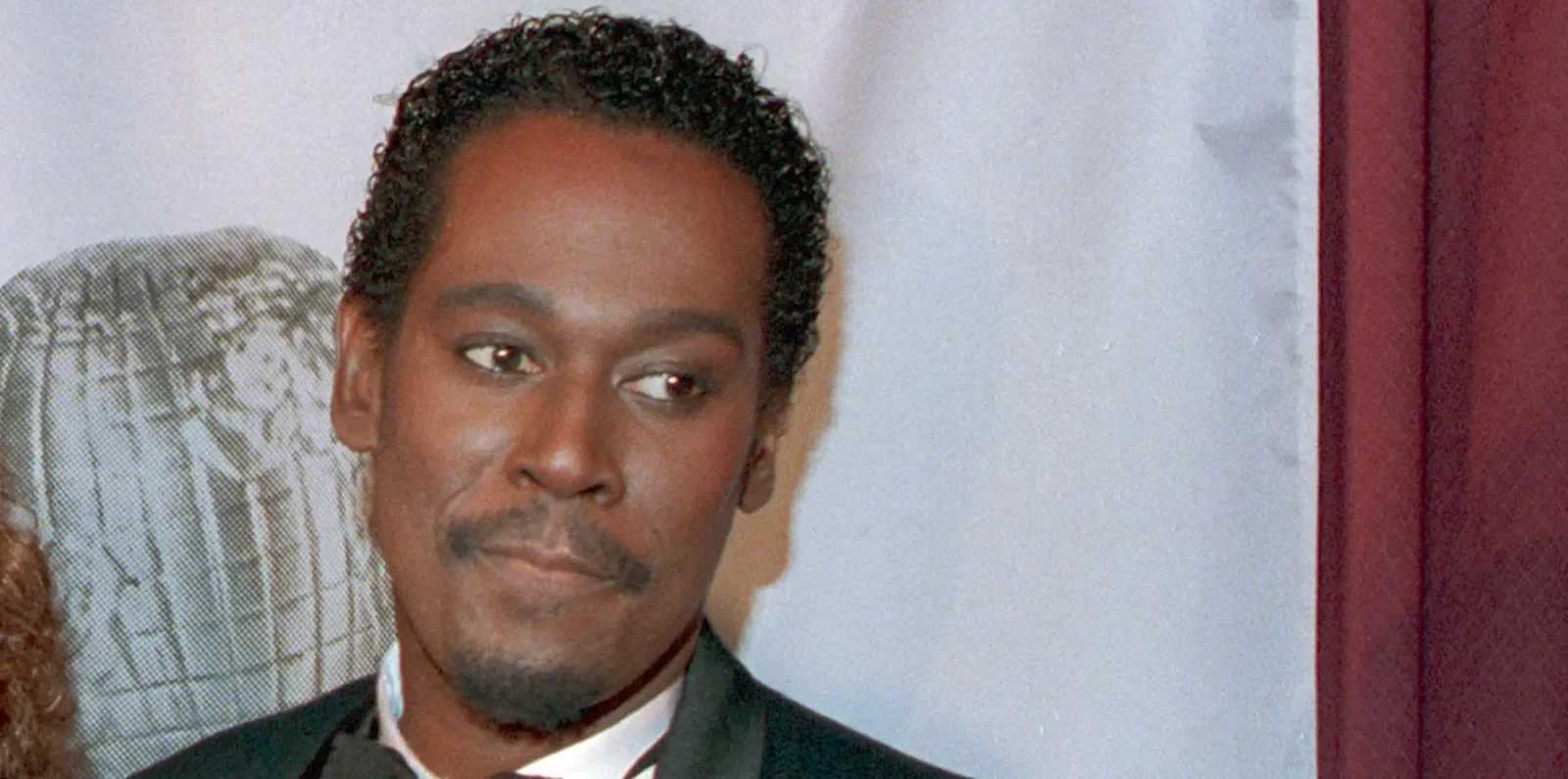When people search for what did Luther Vandross die from, they often seek more than a medical explanation. They want to understand how such a talented, beloved artist—known for his velvet voice and timeless songs—could pass away so suddenly. The truth behind his death is complex, involving years of health challenges and a final heart attack that shocked the music world.
This article explores the full story behind Luther Vandross’s death—his medical struggles, lifestyle, and legacy—so you gain a clear, accurate, and respectful understanding of how and why this musical legend left us too soon.
A Brief Look at Luther Vandross’ Life
Luther Vandross was born on April 20, 1951, in New York City. From a young age, he displayed extraordinary musical talent, influenced by gospel, soul, and R&B. Before becoming a solo superstar, Vandross worked behind the scenes as a session vocalist and songwriter for artists like David Bowie, Roberta Flack, and Diana Ross.
When he released his debut solo album Never Too Much in 1981, it became an instant success and launched a career filled with platinum records and Grammy Awards. Songs like Here and Now, Any Love, Dance with My Father, and A House Is Not a Home made him one of the greatest voices in modern soul music.
Despite the fame and accolades, Vandross lived a very private life. Those close to him often spoke of his humility, perfectionism, and deep dedication to his craft. However, behind his radiant smile and smooth voice, Luther battled significant health issues that would ultimately contribute to his untimely death.
Health Challenges in Luther Vandross’ Later Years
3.1 Stroke in 2003
One of the most critical moments in Luther Vandross’s health journey occurred on April 16, 2003, when he suffered a severe stroke at his home in New York. The stroke left him in a coma for nearly two months.
When he awoke, Vandross faced a long and difficult recovery. The stroke impaired his ability to speak and sing—his greatest passion and profession. He spent months in rehabilitation, relearning how to walk and talk. Though he eventually made limited public appearances, it was clear his health had been permanently affected.
This stroke was the first major turning point that eventually led to his death. It weakened his body and caused complications that lingered for the remainder of his life.
3.2 Diabetes and Hypertension
Another significant part of the answer to what did Luther Vandross die from lies in his long-term battle with diabetes and hypertension (high blood pressure).
These chronic conditions ran in his family and had been affecting him for years. Diabetes can damage blood vessels and nerves throughout the body, while hypertension increases the risk of heart disease and stroke. Together, they created a dangerous combination for Vandross’s cardiovascular health.
Even before his 2003 stroke, doctors had warned him about the risks associated with his lifestyle and weight. Unfortunately, the nature of his work—long studio sessions, travel, and constant performance pressure—made it difficult to maintain the consistent routines needed for managing such diseases.
3.3 Obesity and Lifestyle Factors
Luther Vandross was very open about his struggle with weight. Throughout his life, his weight fluctuated dramatically. At times, he lost over 100 pounds, only to regain it later. In interviews, he admitted that food was his comfort during periods of stress and emotional hardship.
This pattern of weight gain and loss—known as “yo-yo dieting”—can be particularly harmful to the heart and metabolism. Combined with his diabetes and hypertension, obesity placed even more strain on his body.
All of these health challenges—stroke, diabetes, hypertension, and obesity—interconnected in ways that ultimately made his heart more vulnerable to failure.
What Did Luther Vandross Die From – The Official Record
So, what did Luther Vandross die from?
Luther Vandross passed away on July 1, 2005, at the age of 54. The immediate cause of death was a heart attack. However, this heart attack did not occur in isolation. It was the culmination of years of health issues stemming from his stroke, diabetes, and high blood pressure.
After his 2003 stroke, Vandross never fully regained his strength. Although he occasionally appeared on television via recorded messages and accepted awards, he largely withdrew from the public eye to focus on recovery.
Doctors believe the stroke left his body in a weakened state, making him more susceptible to future cardiovascular problems. His heart attack in 2005 was the final event in a long series of complications.
In short:
- Immediate cause of death: Heart attack
- Contributing conditions: Stroke complications, diabetes, hypertension, and obesity
This combination paints the full picture behind what did Luther Vandross die from.
Why There Are Conflicting Reports
Over the years, some confusion and rumours have surrounded Luther Vandross’s death. Part of this stems from how private he was about his personal life and health.
- Media Ambiguity:
Early reports simply said Vandross had died after “a long illness,” without specifying a cause. This lack of clarity led to speculation and misinformation online. - Rumours of Other Illnesses:
Some rumours falsely claimed he died of AIDS, which his estate publicly denied. His family clarified that he was never diagnosed with HIV or AIDS, and his death was entirely due to natural health complications. - Complex Health History:
Because Vandross had multiple chronic conditions, some articles emphasize the stroke, while others cite the heart attack. In reality, both are part of the same chain of medical events.
By understanding these nuances, we can separate fact from fiction and honour his memory with truth and respect.
Legacy, Reflection, and Why the Question Matters
Understanding what did Luther Vandross die from is not only about the facts—it’s about appreciating the man behind the music.
Luther Vandross was a perfectionist who poured his heart into every note. His songs spoke about love, heartbreak, and family with sincerity and emotion few artists could match. Even as his health declined, he remained deeply committed to his craft. His final album, Dance with My Father, released just weeks after his 2003 stroke, went on to win four Grammy Awards, including Song of the Year.
His story also highlights important lessons about health and self-care. Chronic illnesses like diabetes and hypertension often progress silently until a major event—like a stroke or heart attack—occurs. Vandross’s experience reminds us of the importance of prevention, regular medical check-ups, and balanced living.
Although his life was cut short, Luther Vandross left a legacy that continues to inspire millions of fans worldwide. His voice remains one of the purest ever recorded, and his influence on artists such as Beyoncé, John Legend, and Usher proves his enduring impact.
Conclusion
So, what did Luther Vandross die from? The simple answer is that he died of a heart attack on July 1, 2005. But the full story is more layered. His death was the result of complications from a devastating stroke two years earlier, combined with long-term battles with diabetes, hypertension, and obesity.
Luther Vandross’s passing reminds us that even icons are human—that beneath the glamour and talent, they face the same vulnerabilities we all do. His courage in fighting illness, his dedication to music, and his unwavering grace continue to inspire fans and musicians alike.
If you loved Luther Vandross’s voice, the best way to honour his memory is to live with love, take care of your health, and never forget the healing power of music.
FAQs
Q1: What was the cause of Luther Vandross’s death?
He died from a heart attack on July 1, 2005, following complications related to his earlier stroke, diabetes, and hypertension.
Q2: Did Luther Vandross die from AIDS?
No. His family and estate have publicly stated he never had AIDS. His death was due to natural causes related to long-term health issues.
Q3: How old was Luther Vandross when he died?
He was 54 years old at the time of his passing.
Q4: What health conditions did he suffer from?
He battled type 2 diabetes, hypertension, and obesity, and suffered a major stroke in 2003 that greatly affected his health.
Q5: What can fans learn from his story?
His journey shows the importance of managing chronic conditions and maintaining a healthy lifestyle, even amid career pressures and personal struggles.







Leave a Reply